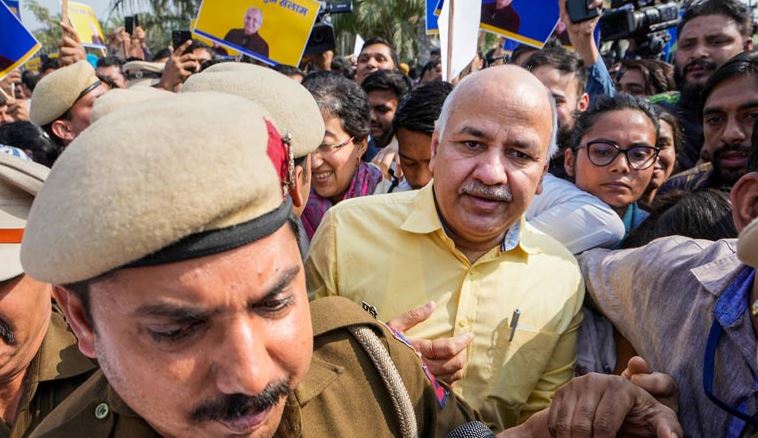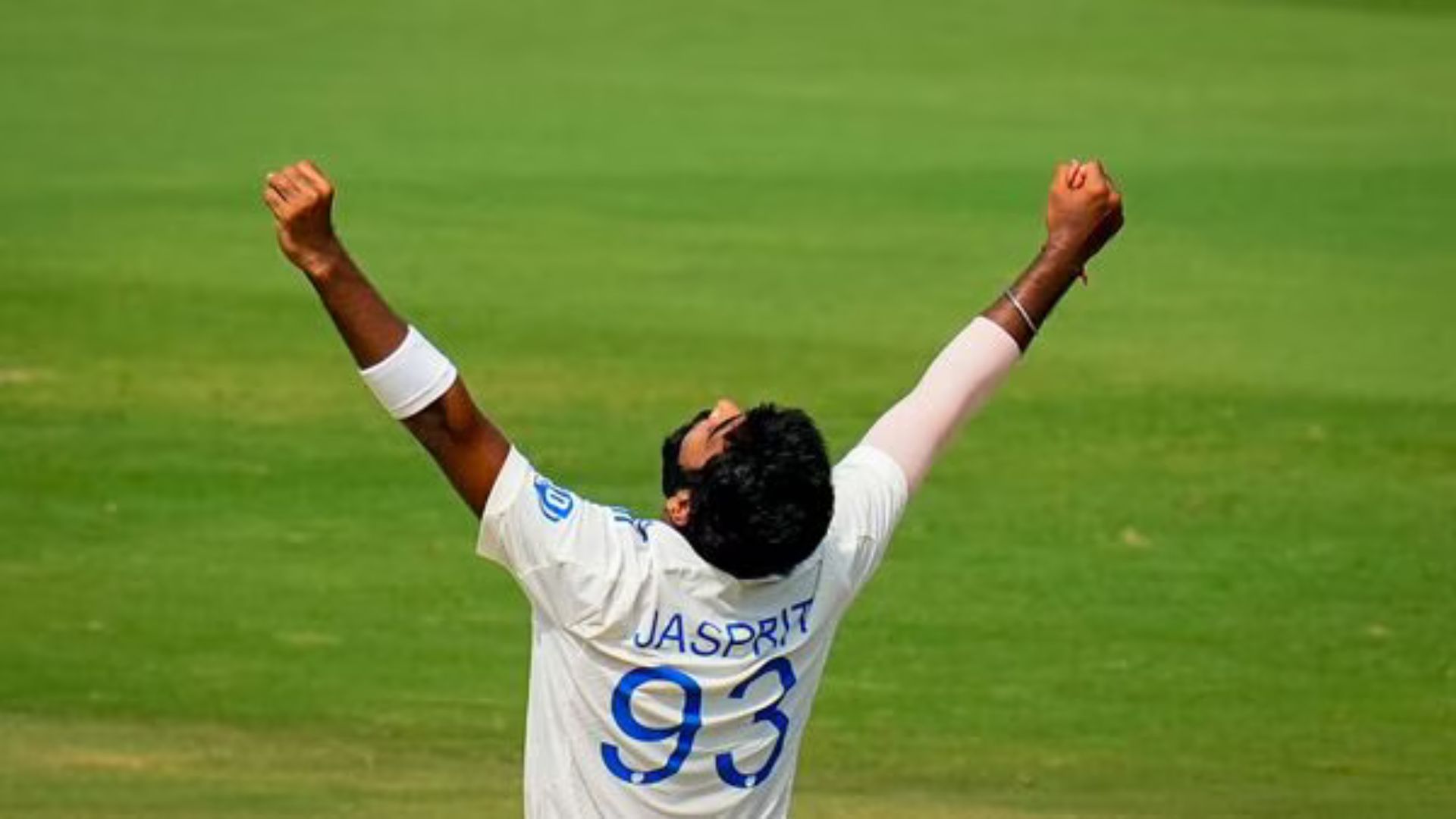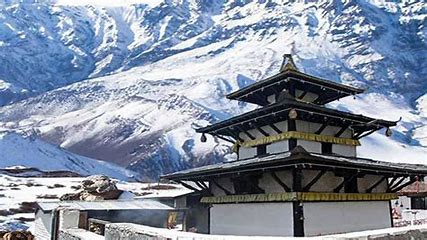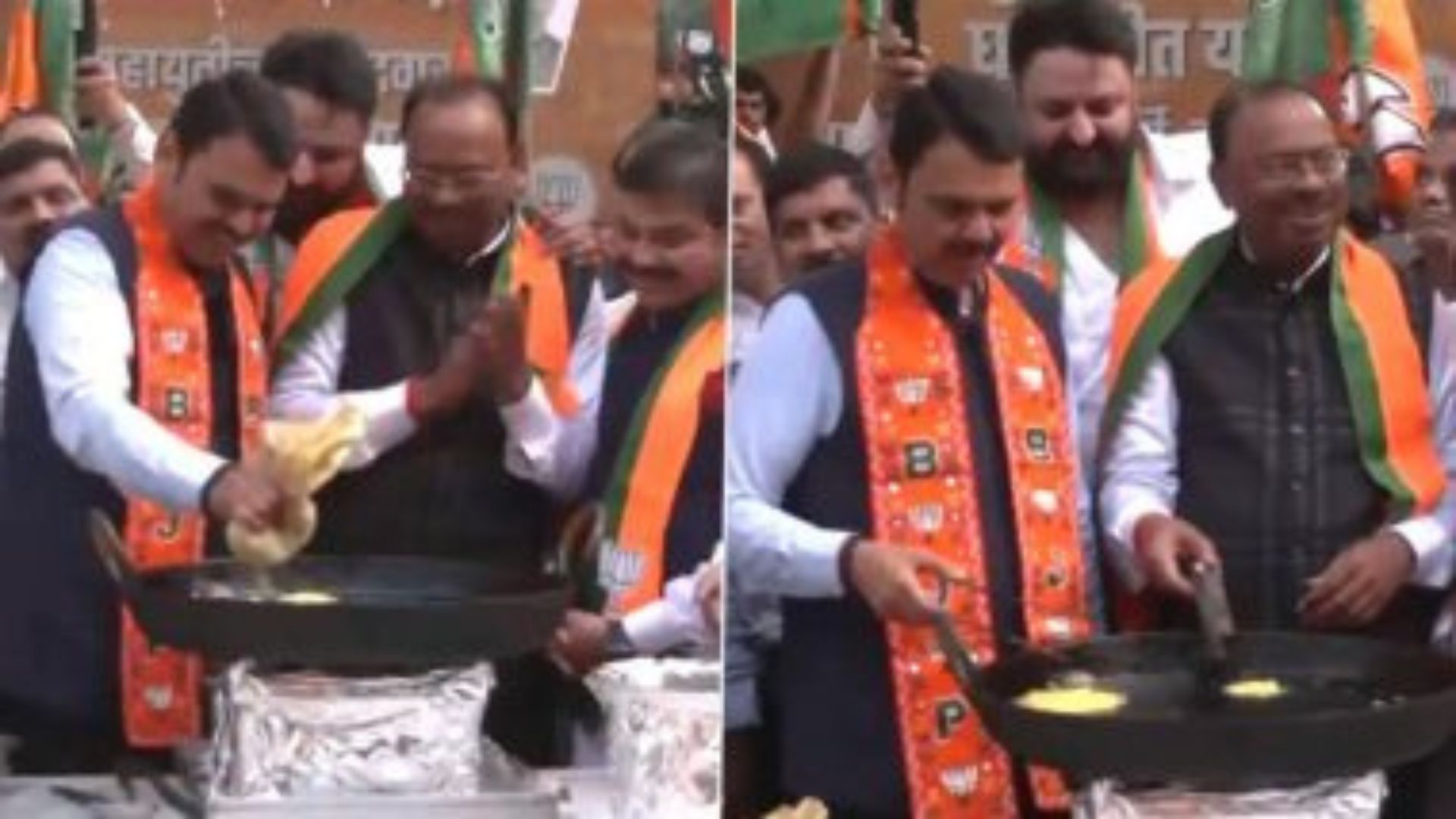
The Supreme Court on Friday deferred hearing for October 4 on the bail pleas of AAP leader Manish Sisodia in two Delhi excise policy cases being probed by the CBI & ED.
A bench comprising Justices Sanjiv Khanna and SVN Bhatti adjourned the matter after senior advocate Abhishek Singhvi, appearing for Sisodia, submitted that he needs 2 to 3 hours to argue the matter.
Singhvi stated, “Although I am in jail, We (both sides) have agreed. The hearing will take 2-3 hours at least on my side. This matter requires urgent attention.”
Additional Solicitor General SV Raju agreed to his submission.
Singhvi alleged that whenever this case or Satyendar Jain’s case comes up, there is a newspaper article on the merits of the case.
The bench stated it has not read newspapers and added, “We have to get used to that”.
On July 14, the top court sought responses from the CBI & ED on the interim bail pleas of Sisodia in the cases. Sisodia, who held the excise portfolio among the many that he handled as the deputy chief minister, was arrested by the CBI on February 26 for his alleged role in the “scam”. He has been in custody since then.
Furthermore, the ED arrested him in a money laundering case stemming from the CBI FIR on March 9 after questioning him in Tihar Jail.
Sisodia resigned from the Delhi cabinet on February 28.
The high court denied him bail in the CBI case on May 30, saying that having been the deputy chief minister and excise minister, he is a “high-profile” person who has the potential to influence the witnesses.
On July 3, the high court declined his bail in the money laundering case linked to alleged irregularities in the city government’s excise policy, holding that the charges against him are “very serious in nature”.
In its May 30 order, the high court stated that since Sisodia was at the “helm of affairs” when the alleged scam took place, he cannot say he had no role to play.
The high court stated that with his party still in power in the national capital, Sisodia, who once held 18 portfolios, continues to wield influence, and since the witnesses are mostly public servants, the possibility of their getting influenced can’t be ruled out.
According to the two federal investigative agencies, irregularities were committed while modifying the excise policy, and undue favours were extended to licence holders.
The Delhi government implemented the policy on November 17, 2021, but scrapped it at the end of September 2022 amid allegations of corruption.















